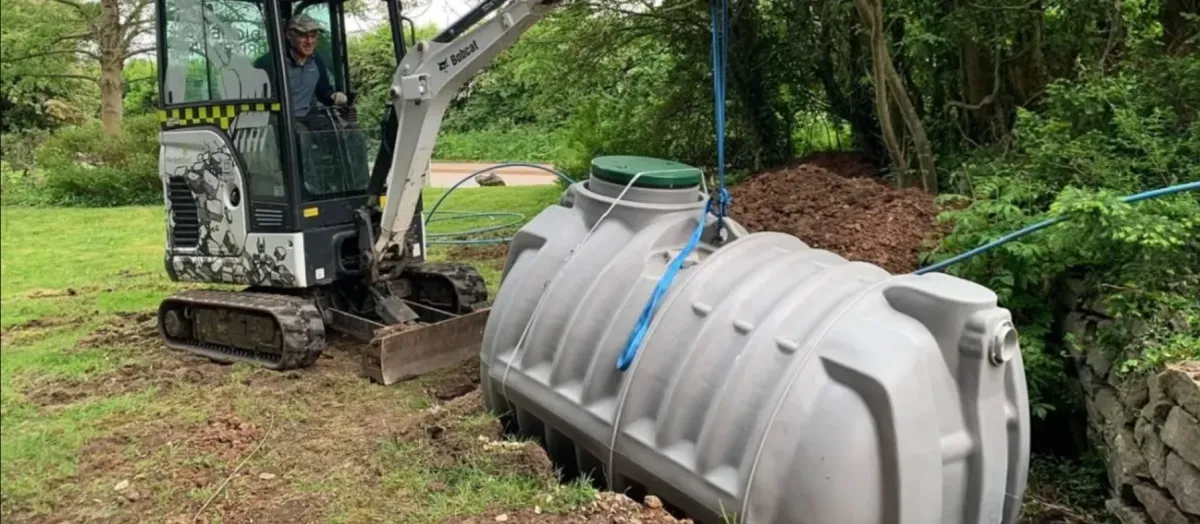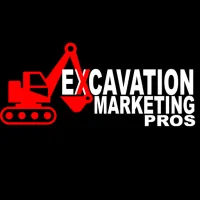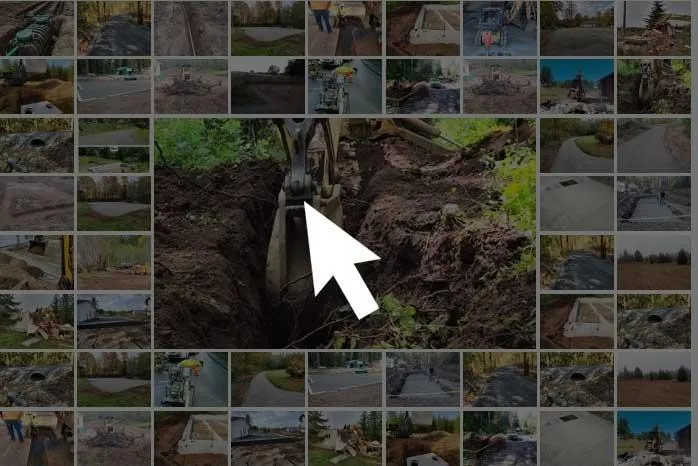The Royal Flush - Design, Install & Repair
Licensed, Bonded & Insured | Family Owned & Operated Since 1965
Licensed #WI DNR, MI EGLE
WLWCA Members | MSHA Certified
Septic System Blog

Mound vs. Conventional: Best Commercial Septic Installation near Florence County, WI
1. What Commercial Septic Installation Near Florence County Involves
If you're a business owner, land developer, or facilities manager in Florence County, you probably already know that installing a commercial septic system is not as straightforward as digging a hole and dropping in a tank.
It’s more like a puzzle with several moving pieces—permits, soil tests, setbacks, system sizing, and long-term planning all come into play. And when it comes to choosing between a mound system and a conventional system, most people hit a wall. They’re unsure which is right for their site—and no one wants to guess wrong when tens of thousands of dollars are on the line.
We get it. At Dyer Inc, we’ve helped many business owners across Marinette, Florence, Forest, Iron, and Dickinson Counties work through this very choice. This article lays out the pros and cons clearly—no jargon, no fluff.
2. Why Choosing the Right System Matters
The decision between a mound and conventional septic system isn’t just about what’s cheaper upfront. It can impact:
How soon you can open your business
Whether or not the system passes inspection
How often you’ll need pumping or repairs
Whether your system will hold up for 20+ years—or fail in five
This is especially important for commercial sites like restaurants, retail stores, gas stations, churches, and warehouses—places with steady foot traffic and wastewater flow. One bad decision can lead to backups, fines, or forced shutdowns.
3. What Is a Conventional Septic System?
This is the “standard” septic setup. It uses a tank and a gravity-fed drain field (also called a leach field) to treat wastewater. After solids settle in the tank, the water flows into perforated pipes buried in gravel trenches and soaks into the soil.
Works best when:
Soil drains well (sandy or loamy soil)
Water table is low
There’s plenty of space on the property
There are no nearby wells or water bodies
Pros:
Lower cost
Less visible from the surface
Easier to install on open, level lots
Cons:
Can’t be used in areas with high water tables or clay-heavy soil
Doesn’t work well on small or sloped properties
Won’t get approved if the soil fails a perc test
4. What Is a Mound Septic System?
A mound system is an engineered option built above ground. Instead of letting water drain through native soil, it uses a specially constructed sand mound to treat wastewater. A pump pushes the water from the tank into the mound for slow filtering.
Used when:
The soil on your site doesn’t drain well
The water table is too close to the surface
The site is compact or sloped
A conventional system won’t pass code
Pros:
Allows you to build where a conventional system would be denied
Custom-engineered for tricky sites
Keeps wastewater away from shallow groundwater
Cons:
More expensive upfront
Requires electrical pump and maintenance
Mound is visible and takes up yard space
5. Soil and Site Conditions in Florence County: What You’re Dealing With
Florence County has a mix of sandy loam, clay, and hardpan soils depending on your exact location. Many areas near the Menominee River or lower-lying zones have high water tables or poor percolation, which is a red flag for conventional systems.
In our experience, many commercial builds in this region end up needing mound systems—especially those close to lakes, rivers, or marshy land. That said, if your property is on higher ground with well-draining soil, a conventional system might still be an option.
The only way to know for sure? A soil test, called a perc test, and a site evaluation done by a licensed professional.
6. Mound vs. Conventional: Side-by-Side Comparison
7. The Cost Breakdown: Mound vs. Conventional
Here’s the part everyone wants to know: how much will it cost?
Conventional systems typically run between $10,000 to $25,000 for commercial properties, depending on tank size, trench length, and excavation needs.
Mound systems, on the other hand, often fall between $20,000 to $40,000 or more, depending on site conditions and the size of the sand mound.
But here’s the thing: going with the cheaper option won’t save you money if it’s not approved or fails in five years. We’ve seen that movie before, and it always ends the same—repairs, fines, and a frustrated property owner.
8. Which Is Best for Your Commercial Property in Florence County?
That depends on:
Your soil type
Your water table depth
Your business size and wastewater load
Your property layout
What zoning and health departments approve
For example:
A small retail shop on high, sandy ground might qualify for a conventional system.
A lakeside lodge with clay-heavy soil will almost certainly require a mound system.
A commercial kitchen or event space may need a custom-engineered system due to flow volume.
At Dyer Inc, we never guess. We walk the land, test the soil, pull property records, and run the numbers. Then we tell you what your real options are—plain and simple.
9. Common Mistakes to Avoid When Choosing a System
We’ve been called in to fix a lot of “budget installs” gone wrong. Here are a few mistakes we see too often:
Skipping a soil test and choosing a system based on cost, not site conditions
Hiring a contractor unfamiliar with local health code—especially in cross-border areas
Trying to shoehorn a conventional system where it won’t pass inspection
Ignoring long-term maintenance requirements when selecting a system
Not planning for future expansion—like bathrooms, kitchens, or guest units
Choosing the right system is less about what you want and more about what your land can handle.
10. How Dyer Inc Helps You Make the Right Septic Choice
At Dyer Inc, we know how high the stakes are when you’re planning a commercial septic installation near Florence County, Wisconsin.
We’ve helped clients in Marinette, Iron, Dickinson, Forest, and Florence Counties work through everything—from tight lots and tricky soil to rushed deadlines and permit confusion. We don’t sell you what’s convenient for us—we design around what’s right for your land and business.
Here’s what you can expect working with us:
On-site evaluations (we don’t do drive-bys)
Soil testing and analysis
System design built to your commercial volume
Transparent breakdown of all costs, options, and what-if scenarios
Help navigating state and county permits
Installations done right the first time
We treat every job like it’s our own land on the line—because when it comes to septic, shortcuts don’t pay off.
Final Thoughts
If you’re looking into commercial septic installation near Florence County, Wisconsin and are unsure whether a mound or conventional system is right for your property, don’t guess. Get the facts, look at your land, and make the call based on real data—not hearsay or cost alone.
When you're ready to talk options, we’re here. Not to sell you the most expensive system—but to help you make the most informed decision for your land, your business, and your peace of mind.

AVOID COSTLY MISTAKES:
Do NOT hire an excavating contractor without first reading our free guide:
The ULTIMATE Excavation & Septic "Success Guide."

See Photos!
We Offer Septic Services Near You!
If you don't see your specific area contact us and we may still be able to help or give a referral.
All rights reserved | Privacy policy






